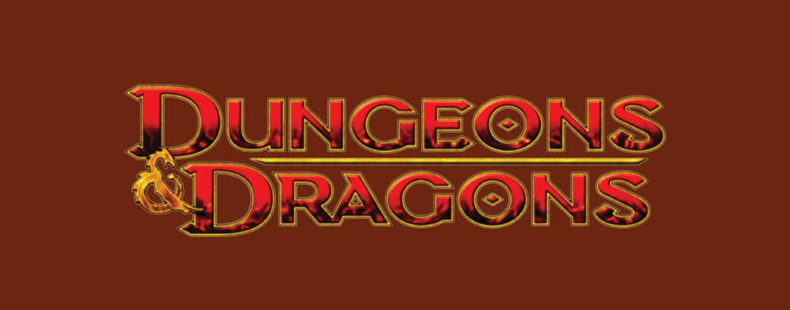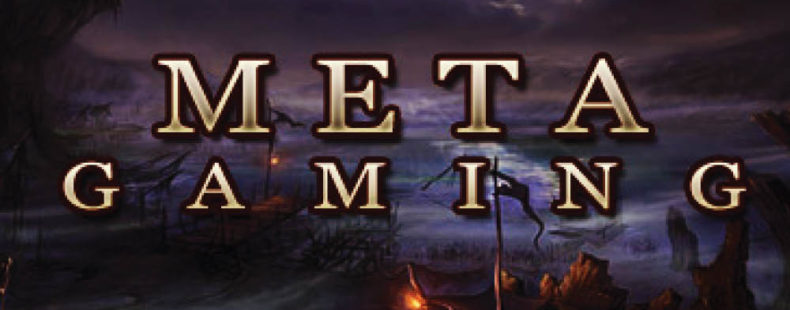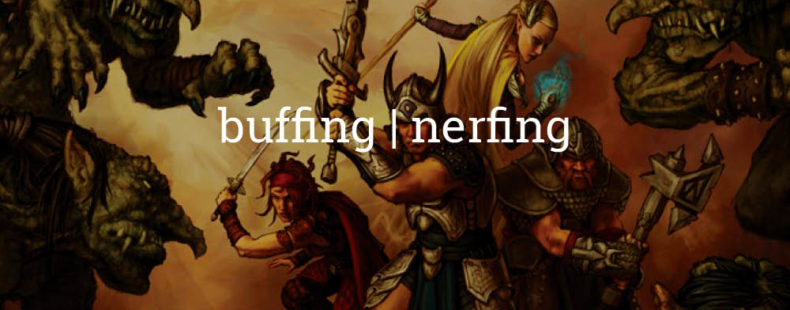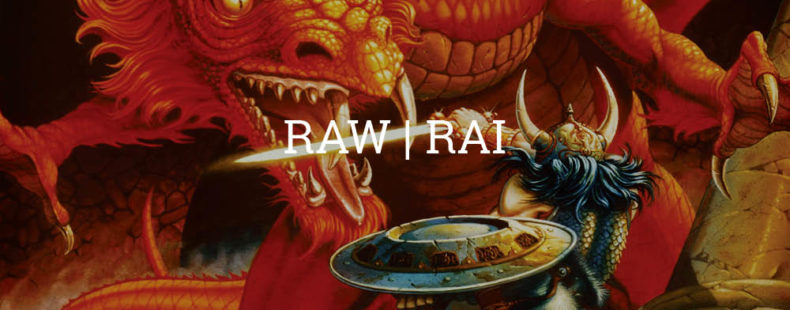Before the days of MMORPGs like Fortnite, before even the World Wide Web, there was Dungeons & Dragons, popularly known as D&D or DnD for short.
D&D is the trademark name of a fantasy tabletop role-playing game that’s been around since the 1970s. It continues to release new editions and has had a massive influence on role-playing games (RPGs) and gaming more generally. This means that, for the over 50 years that D&D has been around, a lot of jargon has developed around the game.
Whether you’re a total n00b or a Dungeon Master, knowing the lingo of D&D is a key part (of the fun) of its gameplay. So, get out your dice—and get ready to enter the imaginative world of D&D slang.























